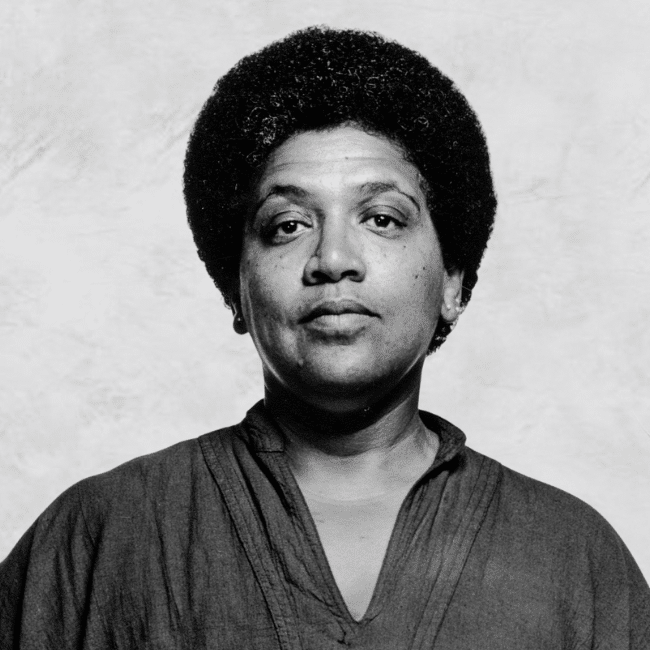
English Philosopher John Locke (1632—1704) is behind many of the ideas we now take for granted in a liberal democracy. Amongst them, his defence of life and liberty as natural and fundamental human rights.
He was especially known for his liberal, anti-authoritarian theory of the state, his empirical theory of knowledge and his advocacy of religious toleration. Much of Locke’s work is characterised by an opposition to authoritarianism, both at the level of the individual and within institutions such as the government and church.
Born in 1632, in his time he gained fame arguing that the divine right of kings is not supported by scripture. Instead, he defended a limited government whose duty is to protect the rights and liberty of its citizens. This idea is familiar to us now, yet at the time it was revolutionary, arguing against the monarchy as the source of society’s governance. A familiar idea in modern day, at the time it was revolutionary – an argument to depart from the monarchy as the source of society’s governance.
In defending his stance, Locke appealed to the notion of natural rights. He invited us to imagine an initial ‘state of nature’ with no government, police or private property. Locke argued that humans could discover, through careful reasoning, that there are natural laws which suggest that we have natural rights to our own persons and to our own labour.
Eventually we could reason that we should create a social contract with others. Out of this contract would emerge our political obligations and the institution of private property. In Locke’s version of the social contract, a human “divests himself of his natural liberty, and puts on the bonds of civil society…agreeing with other men to join and unite into a community” and by submitting to majority rule form a government designed to protect their rights.
The limits of power
Locke’s argument also places limits on the proper use of power by government authorities. While civil society, as viewed through Locke’s liberalism, sees that the individual must sacrifice – or at least compromise – his/her freedom in the name of the public good, the public good ought not to interfere with the individual’s freedom.
Due to this emphasis on liberty, Locke defended a distinction between a public and a private realm. The public realm is that of politics and the individual’s role in the community as a part of the state, which may include, for example, voting or fighting for one’s country. The private realm is that of domesticity where power is parental (traditionally, ‘paternal’).
For Locke, government should not interfere in the private realm. He held the argument that citizens were entitled to protest or revolt or disband a government when it failed to protect their collective interests. On this view it is crucial we distinguish the legitimate from the illegitimate functions of institutions.
Locke asked us to use reason in order to seek the truth, rather than simply accept the opinion of those in positions of power or be swayed by superstition. In this way, we see Locke as an Enlightenment thinker –our natural reason a light that shines, guiding our understanding in order to reveal knowledge.
Knowledge and personal identity
As an empiricist, Locke believed we gain our knowledge through experiences in the world. In contrast to the views of his rationalist predecessor Descartes, Locke argued that we are born as a blank slate or a tabula rasa. This means that at birth our mind has no innate ideas – it is blank. As our mind develops, sensations give rise to simple ideas, from which we form those more complex.
This theory of learning gives rise to another radical idea for his time. Locke asserted that in order to help children avoid developing bad thinking habits, they should be trained to base their beliefs on sound evidence. The strength of our belief should correlate to how strong or weak the evidence for it happens to be.
Furthermore, for Locke, our consciousness is what makes us ‘us’, constituting our personal identity.
Locke’s legacy
We see Locke’s legacy in the 1776 US Declaration of Independence, which was founded on his natural rights theory of government and proclaimed ‘we hold these truths to be self-evident, that all men are created equal, that they are endowed by their Creator with certain unalienable Rights, that among these are Life, Liberty and the pursuit of Happiness’.
Following on from his theory of human rights, we also see Locke’s legacy in the Universal Declaration of Human Rights, which was adopted by the United Nations General Assembly on 10 December 1948. Philosophers debate as to whether such rights are indeed ‘natural’, or whether they have been ‘constructed’ and agreed upon by society as useful rules to adopt and enforce.
Locke’s lasting legacy is the argument that society ought to be ruled democratically in such a way as to protect the liberty and rights of its citizens. And that the government should never over-step its boundaries and must always remember it is a glorified secretary of the people.
Ethics in your inbox.
Get the latest inspiration, intelligence, events & more.
By signing up you agree to our privacy policy
You might be interested in…
Opinion + Analysis
Politics + Human Rights, Relationships, Society + Culture
Punching up: Who does it serve?
Opinion + Analysis
Politics + Human Rights
Antisocial media: Should we be judging the private lives of politicians?
Big thinker
Politics + Human Rights, Society + Culture
Big Thinker: Audre Lorde
Opinion + Analysis
Politics + Human Rights




